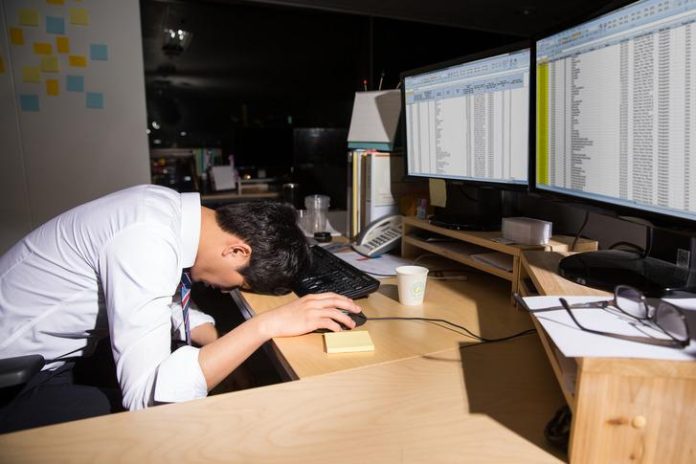Employers call for flexibility, employees want shorter working hours
Discussions between the government, employers and employees will start this week to improve the balance between work and life and add more flexibility to the country’s 52-hour workweek. The Presidential Economic, Social and Labor Council said, Sunday, it will launch a committee on work-life balance, while the first meeting will take place, Friday, to discuss plans to reduce working hours and increase flexibility to the workweek.
The council is a presidential panel promoting trilateral dialogue between labor, management and the government. It is the only official communication channel between the three sides. The Federation of Korean Trade Unions (FKTU) represents employees, while the Korea Enterprises Federation (KEF) and other business lobby groups represents employers. The committee is poised to address Korea’s notoriously long working hours. Koreans worked 1,901 hours on average in 2022, which is 149 hours more than the OECD average.
Both employers and employees agree that working hours should be reduced, but have different approaches to overhauling the current workweek, which is capped at 52 hours — 40 regular hours and 12 hours of possible overtime. Employers believe that this rule should be reformed to allow businesses to manage their workers more flexibly, allowing employees to work intensively during busy periods and work shorter hours during slow periods.
During an interview with reporters on June 10, KEF Chairman Sohn Kyung-shik stressed the need for greater flexibility in the workweek system. Citing the game industry, where work hours commonly extend overnight during crunch periods, he said the workweek system should be able to reflect the different natures of various industries. “After workers finish all work, they can have a week or two weeks off. This flexibility, I think, is most important in the labor market. Korea should pursue it,” Sohn said.
The Yoon Suk Yeol administration attempted to overhaul the workweek system in March last year, but ended up maintaining the current system after facing a strong backlash from opponents claiming that the proposed plan may extend the maximum workweek to 69 hours. On the other hand, the employee side strongly opposes introducing more flexibility to the current system, claiming that it will end up extending the overall working hours. Rather, the country’s two largest umbrella unions — the FKTU and the Korean Confederations of Trade Unions — both seek to introduce a four-day workweek.
During a June 4 press conference, FKTU President Kim Dong-myung proposed seven key legislative tasks for the National Assembly, which include introducing the four-day workweek. During the campaign period for the April 10 general elections, the main opposition Democratic Party of Korea promised to implement a 4.5-day workweek, vowing to draw up supportive measures for companies that introduce such a system. Against this backdrop, the Hyundai Motor Company union, which has long been serving as the country’s barometer of collective bargaining, began its negotiations with the automaker, demanding a half-day of work every Friday.
The Korea Times




















